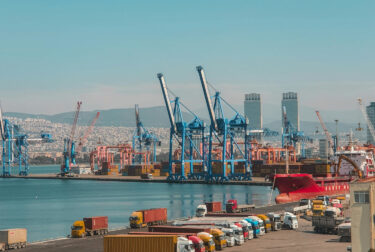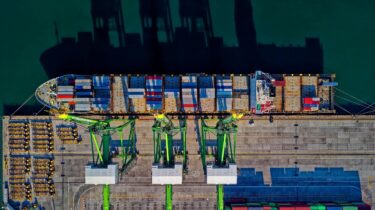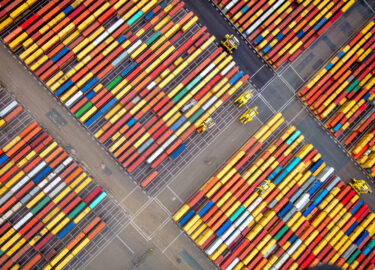
Is your business prepared for the Carbon Border Adjustment Mechanism (CBAM) and its cost implications starting in 2026?
The EU’s Carbon Border Adjustment Mechanism is already in effect – South African businesses must act now to support their EU customers and secure their market position.
During the current CBAM Transition Period (Q3/2023 – Q4/2025), EU companies are legally required to report emissions data for all CBAM goods they import. While they can use default emissions values, doing so exposes them to significantly higher carbon pricing from 2026 onwards. This limits their ability to mitigate CBAM’s financial impacts. As a result, EU importers are increasingly demanding primary emissions data from their non-EU CBAM suppliers.
If you are a South African company exporting CBAM goods to the EU you should already be gathering and providing your emissions data to your EU customers in the official format. Doing so supports their legal compliance and strategic decision-making, safeguarding your business relationships.
Proactive businesses that assess and mitigate their CBAM exposure today can not only reduce risks but also strengthen their competitive advantage. Inaction, however, leaves businesses navigating without a clear course.
Beyond Compliance – Managing Financial Risks
From 2026 onwards, CBAM carbon pricing will take effect, making South African CBAM goods more expensive for EU customers.
Under CBAM, EU companies will need to pay a carbon levy on imported CBAM goods. The cost of this levy is directly tied to the reported carbon emissions of the goods—the higher the carbon impact, the greater the cost. This means that without proactive management of emissions, South African exporters risk higher costs for EU customers, potentially pricing themselves out of the market.
Businesses that act early to understand their emissions profile, assess financial exposure, and develop mitigation strategies will not only reduce cost increases but also gain a competitive edge. In contrast, those who fail to act may find that their goods become more expensive compared to those of their better-prepared competitors.
Speakers
This webinar is ideal for:
- South African exporters of steel, aluminium, cement, fertilisers, and hydrogen to the EU
- Multinational companies with operations in South Africa and exposure to CBAM-covered goods
- Investment Firms with South African holdings engaged in CBAM goods manufacturing and export to the EU
- Procurement, sustainability, finance and compliance professionals across affected sectors
Why watch?
This practical, business-focused session helps South African companies:
- Understand what CBAM is, how it works, and how it will affect your exports to the EU.
- Learn about compliance requirements, including emissions data collection and reporting for CBAM goods exporters.
- Discover proven strategies to mitigate financial impacts and maintain competitiveness.
- Identify opportunities to turn the threat of CBAM into a strategic business advantage.
- Gain actionable insights on how to safeguard exports and thrive in a decarbonising global economy.
We are the world’s leading purpose driven, digitally enabled, science-based activator. And always welcome inquiries and partnerships to drive positive change together.






